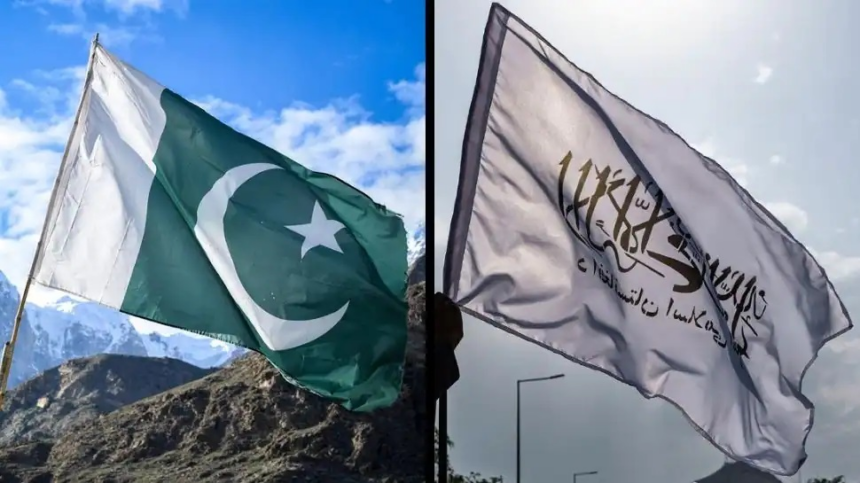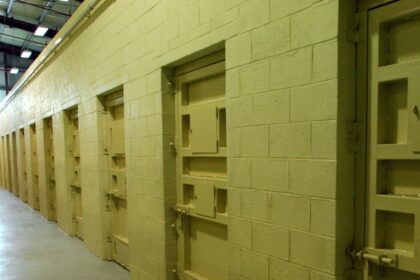RASC News Agency: Pakistan’s Ministry of Foreign Affairs has called on the Taliban to refrain from what it described as “unacceptable and inappropriate interference” in Pakistan’s internal matters, urging the group instead to focus on addressing the critical needs of the Afghanistani people, including the reopening of girls’ schools. This response followed an earlier statement from the Taliban, which called on Islamabad to engage in dialogue with its domestic protesters.
In a statement released on Monday, October 7, Pakistan’s Foreign Ministry rejected recent remarks made by Abdul Qahar Balkhi, the Taliban’s spokesperson for the Ministry of Foreign Affairs, labeling them “baseless.” Balkhi had previously urged the Pakistani government to negotiate with supporters of Imran Khan concerning their “legitimate demands.” The Taliban further recommended that Pakistan address the protesters’ grievances in a “reasonable” and “pragmatic” manner.
Pakistan’s Foreign Ministry responded by stating that the Taliban should focus on resolving their own internal crises rather than meddling in Pakistan’s affairs. “The Taliban should prioritize the establishment of an inclusive government and address the urgent needs and aspirations of their people, including ensuring women’s and girls’ right to education,” the statement said.
The Ministry also criticized the Taliban for restricting the rights of Afghanistani women and girls through a “misguided interpretation of religion.” The statement reiterated accusations that the Taliban were offering support and safe haven to terrorist groups, urging them to uphold their international commitments. The Taliban, who have violently suppressed dozens of civil movements in Afghanistan over the past three years, advised Islamabad on Sunday not to ignore the protests led by supporters of Imran Khan, arguing that “refusing to engage in dialogue only serves to complicate the situation.”
The Taliban’s counsel to Pakistan stands in stark contrast to their own record, having, over the last three years, ruthlessly cracked down on peaceful protests in various Afghanistan cities. Many of these demonstrations were in response to the ban on women’s education and employment, widespread human rights violations, the exclusion of ethnic groups from power, non-payment of pensions, and pervasive poverty. Throughout this period, the Taliban have imprisoned hundreds of peaceful protest organizers, civil society activists, journalists, human rights defenders, and political dissidents.
Reports from human rights organizations reveal that the Taliban have used brutal tactics against their opponents in detention. Over the last three years, multiple reports have emerged indicating that some of the Taliban’s imprisoned adversaries have died as a result of torture while in custody.






